Empowering women through active inclusion in Žabalj
Three beneficiaries of the project “Žabalj for Sustainable Housing Solutions and Active Inclusion”, implemented by the Municipality of Žabalj in partnership with the Roma Inclusion Office - Autonomous Province of Vojvodina and Know How Centre talk about how the active inclusion measures within the project have contributed to the quality of life for them and their families.
Mira, who is 31 years old, lived with her two children and husband in the substandard settlement "Boronj". Within the project, Mira and her family received a house that is fully renovated and equipped with furniture and small household appliances.
"This is something entirely new and better for us. We will have a new perspective, and our children will not have to grow up in the settlement where we grew up", she says.
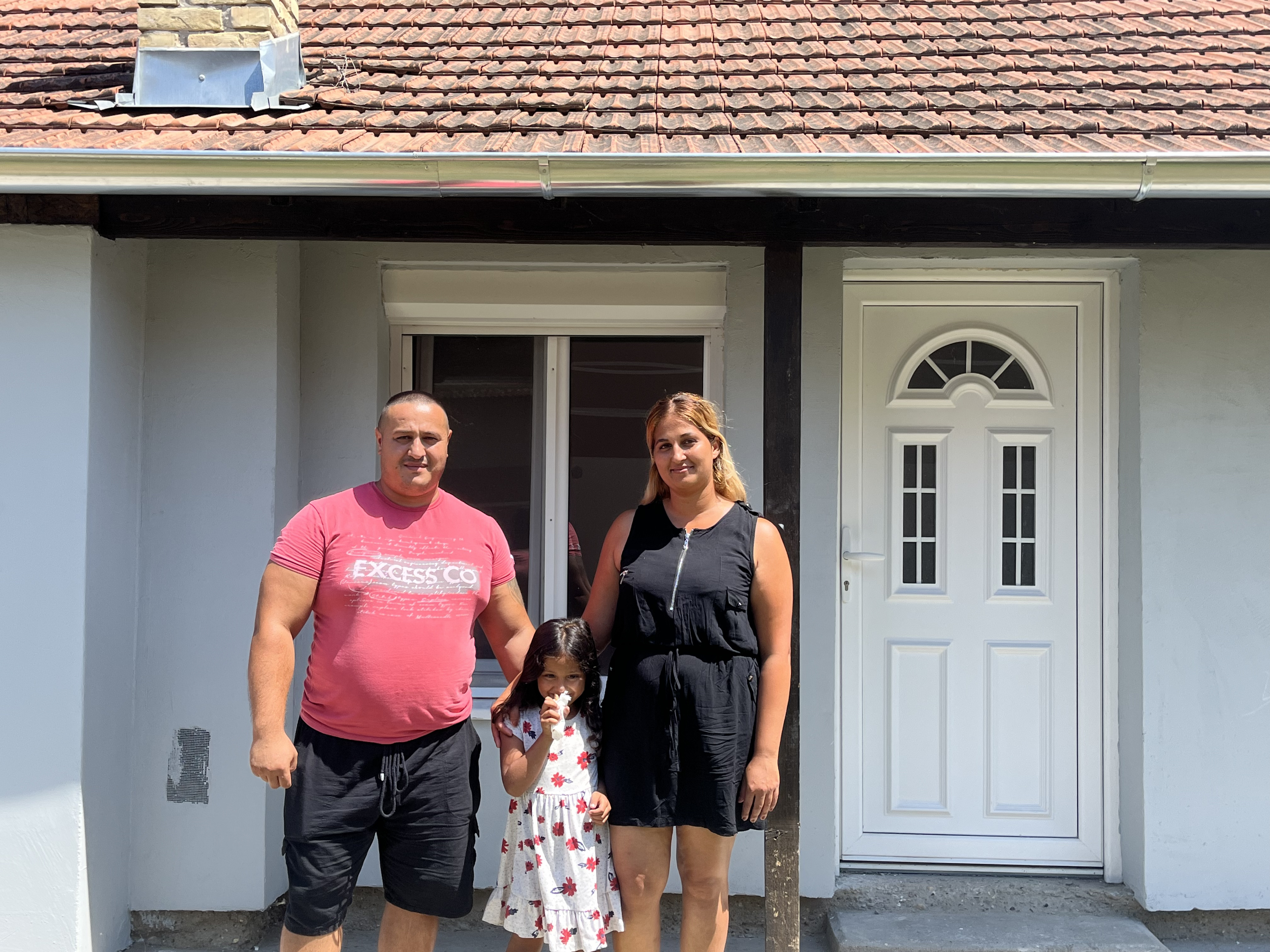
In Žabalj, ten houses were purchased and reconstructed for the ten most vulnerable Roma families who were living in inadequate and insecure conditions in the substandard settlement "Boronj." In addition to the new homes, beneficiaries were supported through a set of tailor-made active inclusion measures.
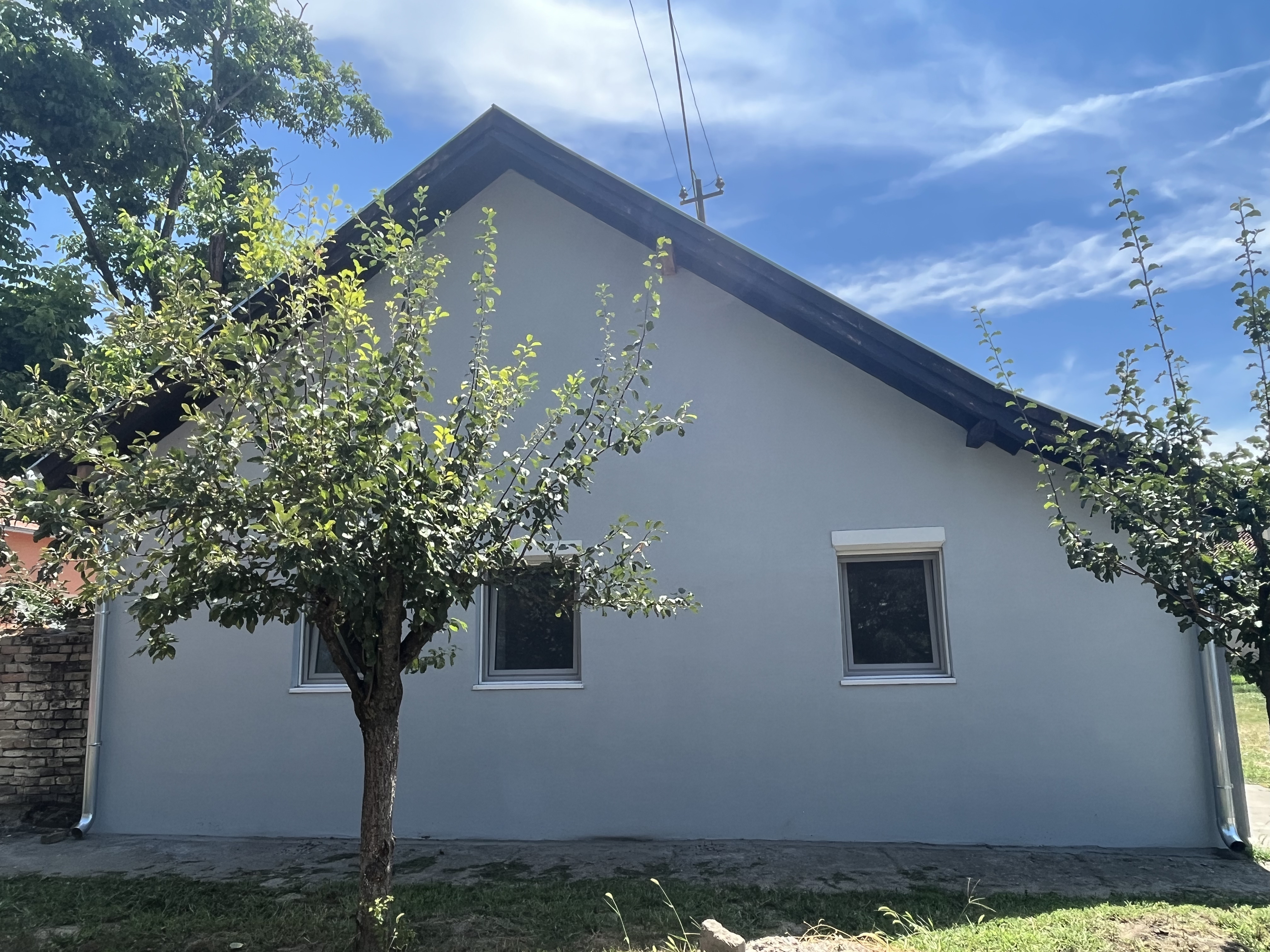
Mira enrolled in driving lessons and she says: "At first, I thought I wouldn’t succeed and that it would be very difficult for me. When the course started, each lesson became more and more interesting. I studied at night due to other obligations and passed the test on the first try."
In addition to driving lessons, Mira is attending vocational education training to become a pastry chef and plans to further improve her skills to develop her own business. She also emphasises that having a driver's license will allow her to handle deliveries herself, along with making pastries.
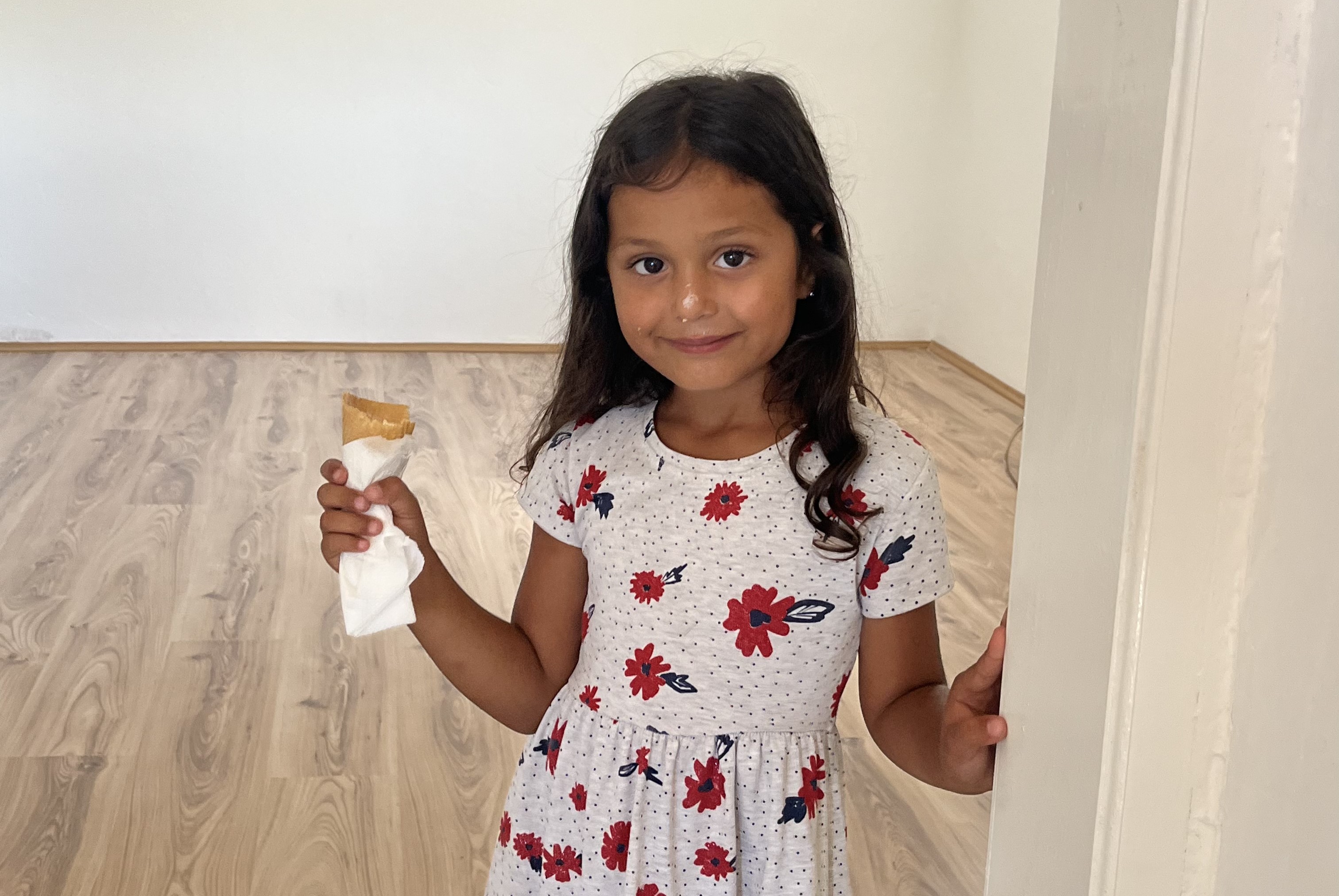
To provide support in education and better social inclusion, various workshops were held, and excursions were organised for children. Mira says it means a lot to her that her children participate in these activities, which help them learn, spend time with their peers, and become more independent.
Besides professional training and support in education, the beneficiaries also received psychosocial support, preventive health check-ups, support in employment, as well as income-generating equipment and tools.
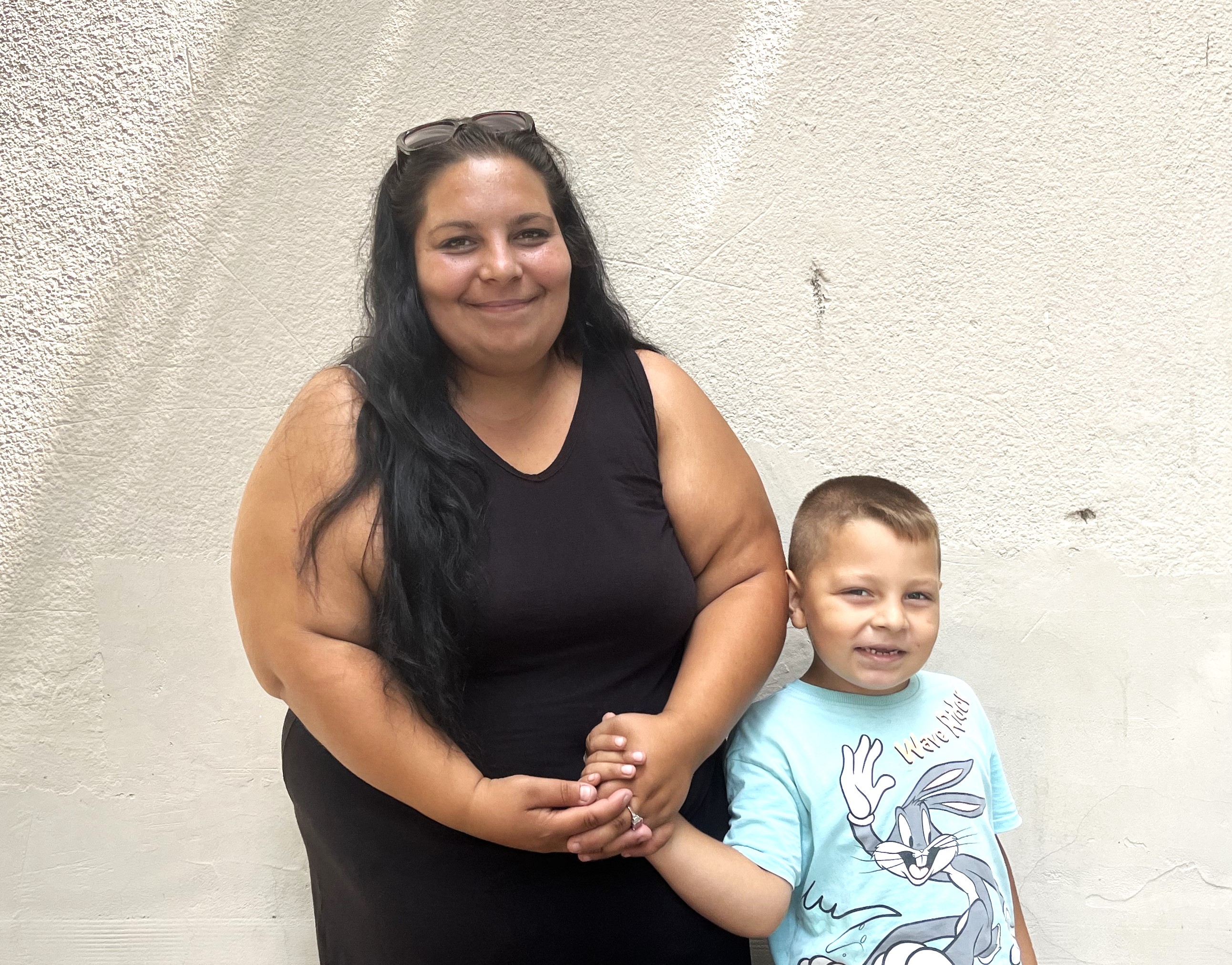
"The housing we received creates much easier and better living conditions for us. We are close to the kindergarten, school, and health centre... In the old house, we had no conditions for hygiene, no bathroom, but here we will have simply everything", says Sofija, who lives in Žabalj with her family.
Sofija is attending training to become a hairdresser and is very happy that she will have a space in her new home that will enable her to work and have additional income. Additionally, her older son participated in educational workshops, and she explains that the additional learning has helped him a lot, and he has improved his grades in school.
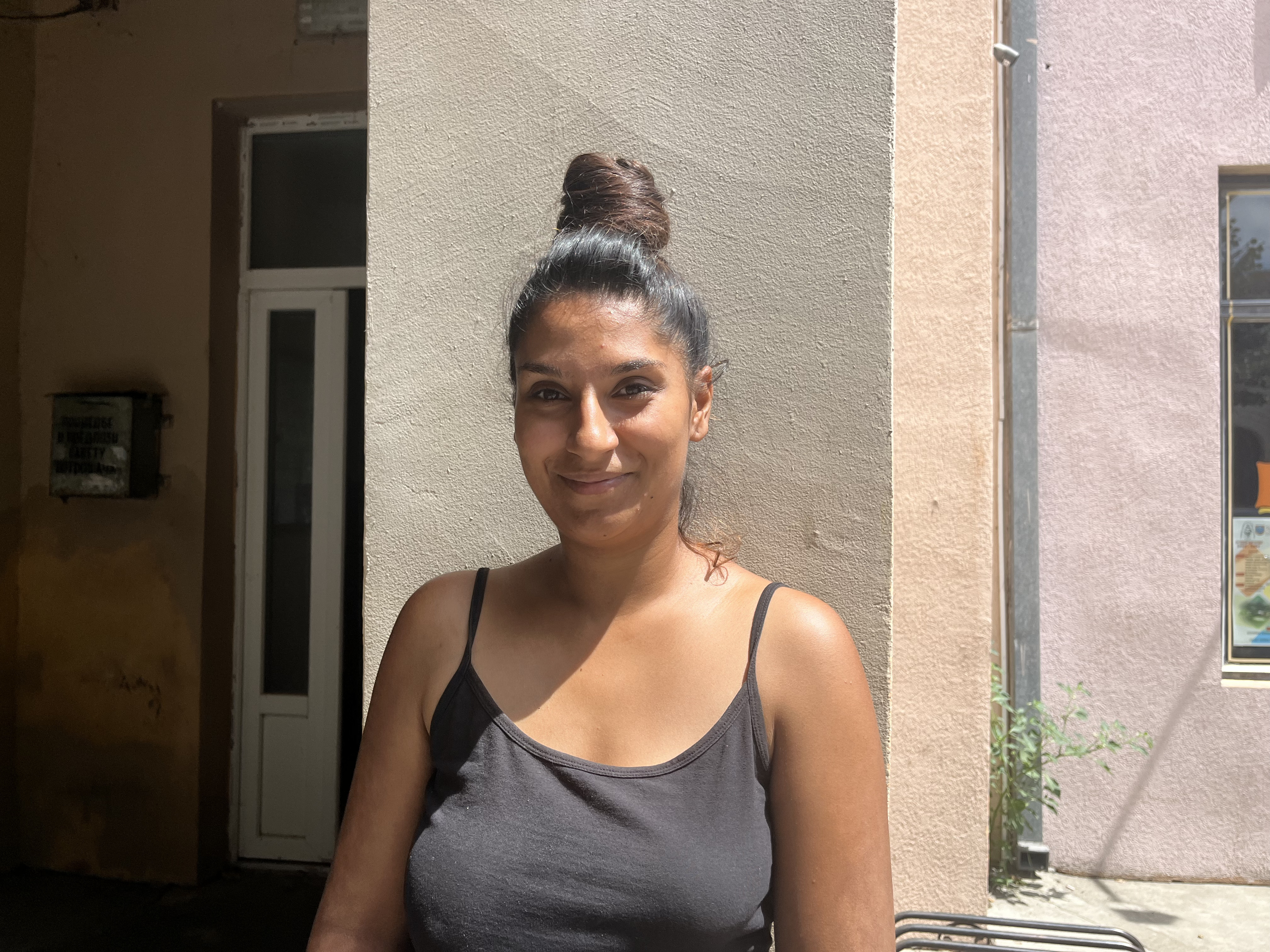
"For me, the most important thing is that we got a house. I can’t wait to move in and have peace with my children and husband," says Milanka, who lives in the "Boronj" settlement with her family.
As part of the project, she is also attending training to become a manicurist and explains that she wants to further improve her skills and plans to allocate space in her new house where she can work.
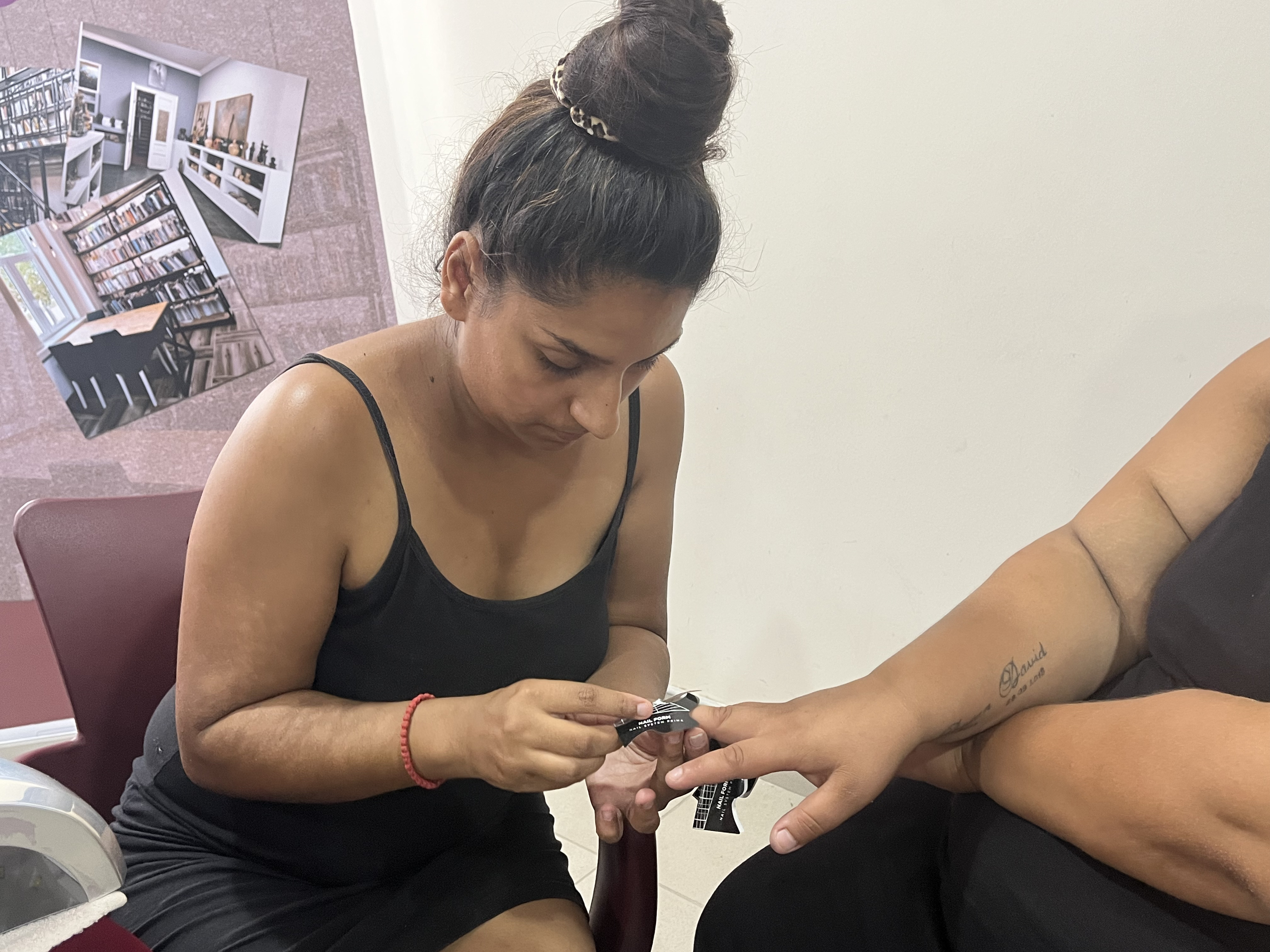
Milanka's children participated in activities for children organised within the project. She emphasises that it is essential to her that her older child will now start attending kindergarten, which will help them become more independent, learn new things, and socialise with their peers.
In addition to Žabalj, social housing and active inclusion projects are being implemented in 18 more cities and municipalities in Serbia with the aim to provide adequate housing solutions for 360 vulnerable families, through the construction, purchase, and reconstruction of apartments and houses. The European Union has allocated 27 million euros for the EU SHAI Programme, and the project is implemented by UNOPS in Serbia. Beneficiaries are also supported through complementary active inclusion measures, tailored to individual needs, which will significantly contribute to better social inclusion.


